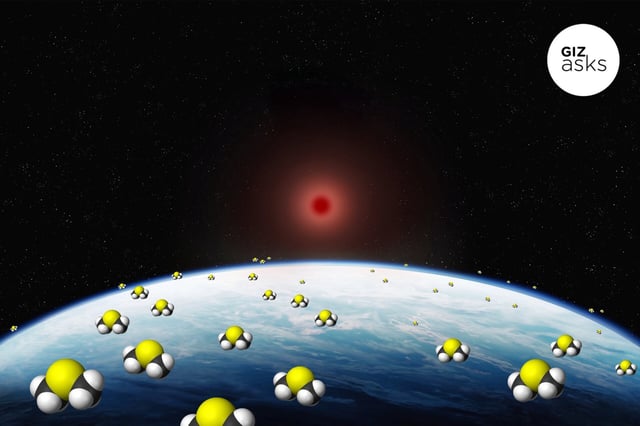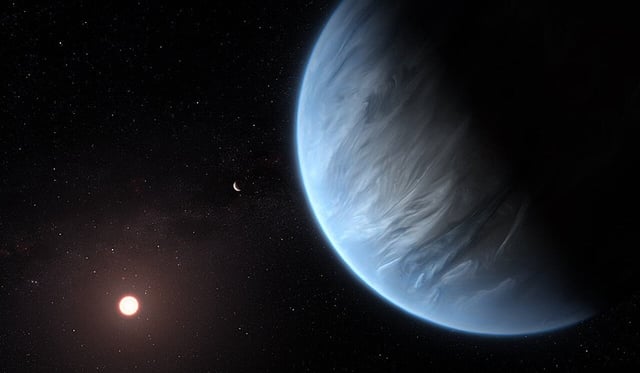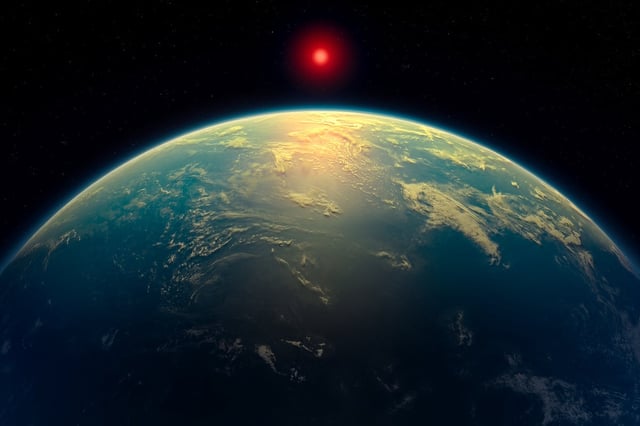Overview
- A Cambridge-led team using NASA's James Webb Space Telescope identified dimethyl sulfide (DMS) in the atmosphere of exoplanet K2-18b, a molecule produced only by life on Earth.
- The detection, reported with a statistical confidence of 3-sigma, has a 0.3% chance of being a fluke but remains unconfirmed due to potential spectral noise and data limitations.
- Experts caution that K2-18b's extreme climate, possibly too hot for liquid water oceans, and unexplored abiotic chemistry may explain the presence of DMS without requiring life.
- The findings follow a history of inconclusive biosignature claims, including phosphine on Venus and Viking Mars experiments, emphasizing the difficulty of definitive extraterrestrial life detection.
- Additional JWST observations over the next 1–2 years are planned to refine the data, with researchers urging restraint in interpreting the current evidence as proof of alien life.


